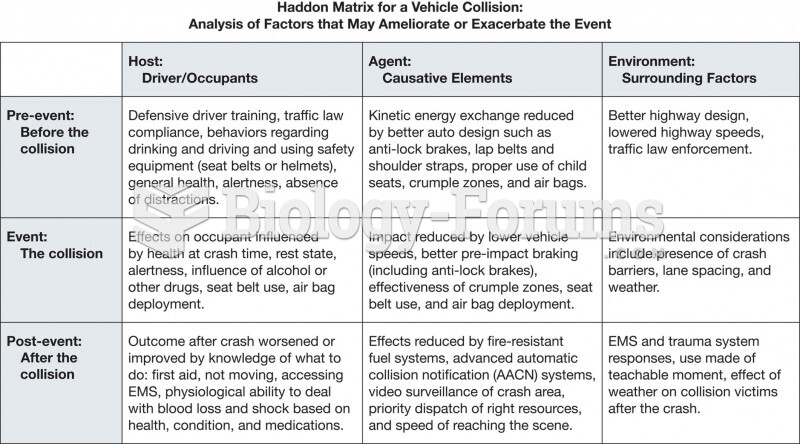Answer to Question 1
Attachment. Attachment refers to a person's sensitivity to and interest in others. Without a sense of attachment, psychologists believe a person becomes a psychopath and loses the ability to relate coherently to the world. The acceptance of social norms and the development of a social conscience depend on attachment to and caring for other human beings. Attachment to parents is the most important. Even if a family is shattered by divorce or separation, a child must retain a strong attachment to one or both parents. Without this attachment, it is unlikely that feelings of respect for others in authority will develop.
Commitment. Commitment involves the time, energy, and effort expended in conventional lines of action, such as getting an education and saving money for the future. If people build a strong commitment to conventional society, they will be less likely to engage in acts that will jeopardize their hard-won position. A lack of commitment to conventional values may foreshadow a condition in which risk-taking behavior, such as delinquency, becomes a reasonable behavior alternative. The association may be reciprocal. Kids who drink and engage in deviant behavior are more likely to fail in school; kids who fail in school are more likely to later drink and engage in deviant behavior.
Involvement. Heavy involvement in conventional activities leaves little time or opportunity for illegal behavior. When kids become involved in school, recreation, and family, it insulates them from the potential lure of delinquent behavior, whereas idleness enhances it.
Belief. People who live in the same social setting often share common moral beliefs; they may adhere to such values as sharing, sensitivity to the rights of others, and admiration for the legal code. If these beliefs are absent or weakened, an adolescent is more likely to participate in antisocial or illegal acts.
Student responses will vary.
Answer to Question 2
FALSE







